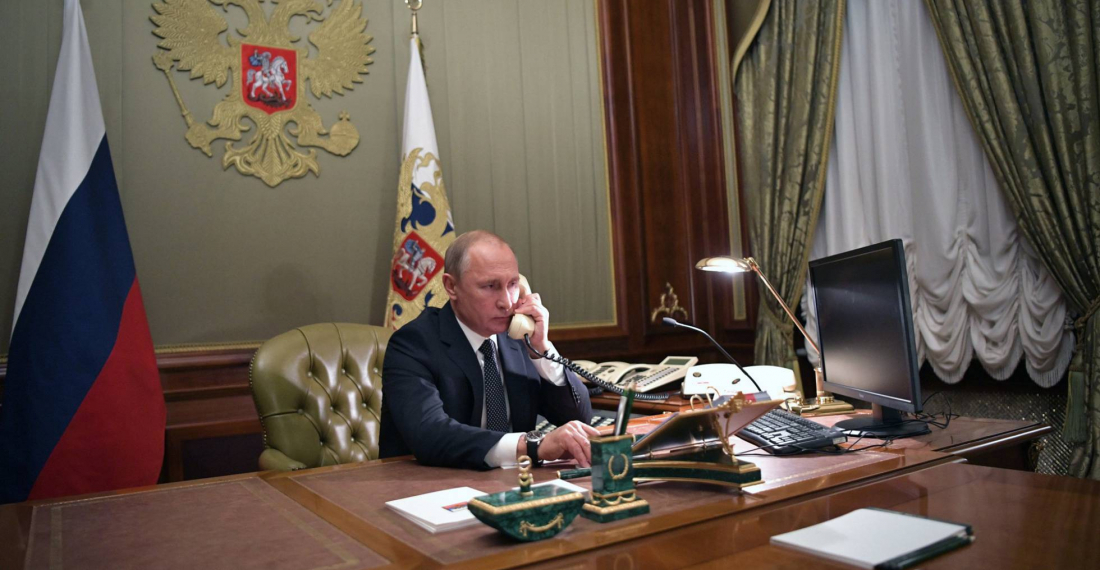The leaders of Armenia and Azerbaijan, Nikol Pashinyan, and Ilham Aliyev, held talks with the Russian president, Vladimir Putin, over the weekend as the crisis in Ukraine continued to unfold.
On 26 February, Pashinyan and Putin discussed issues relating to the activities of the Eurasian Economic Union and the Collective Security Treaty Organization, while also touching upon the agenda for the Armenian PM’s upcoming visit to Russia in April. According to the statement by the Armenian government, the interlocutors also exchanged views on the implementation of the November and January trilateral statements in Nagorno-Karabakh.
In a separate meeting with his Azerbaijani counterpart, the Russian president discussed Russian-Azerbaijani relations, and updated Aliyev on the escalation of events in Ukraine.
Last week, Azerbaijan and Russia cemented their alliance by signing the "Declaration on Allied Cooperation", aimed at upgrading their bilateral relations to an allied level. Significantly, the signing of the document came the day after Putin’s decision to recognise the independence of the so-called Donetsk People's Republic and Luhansk Peoples' Republic in Eastern Ukraine. The timing was criticised by Azerbaijani opposition. Baku has on the other hand offered humanitarian assistance to Ukraine and has offered itself as as a possible mediator between Russia and Ukraine.
Given its ties with Russia, it came as no surprise that Armenia, like most other post-soviet states, would refrain from condemning Russia over its invasion of Ukraine. While the Armenian foreign ministry affirmed that it had no intention of recognising Donetsk and Luhansk as independent states, Yerevan has attempted to maintain its diplomatic balance by not commenting on the ongoing crisis. Armenia was also the only country other than Russia in the Council of Europe which voted to block a motion to suspend Russia over its actions in Ukraine.



